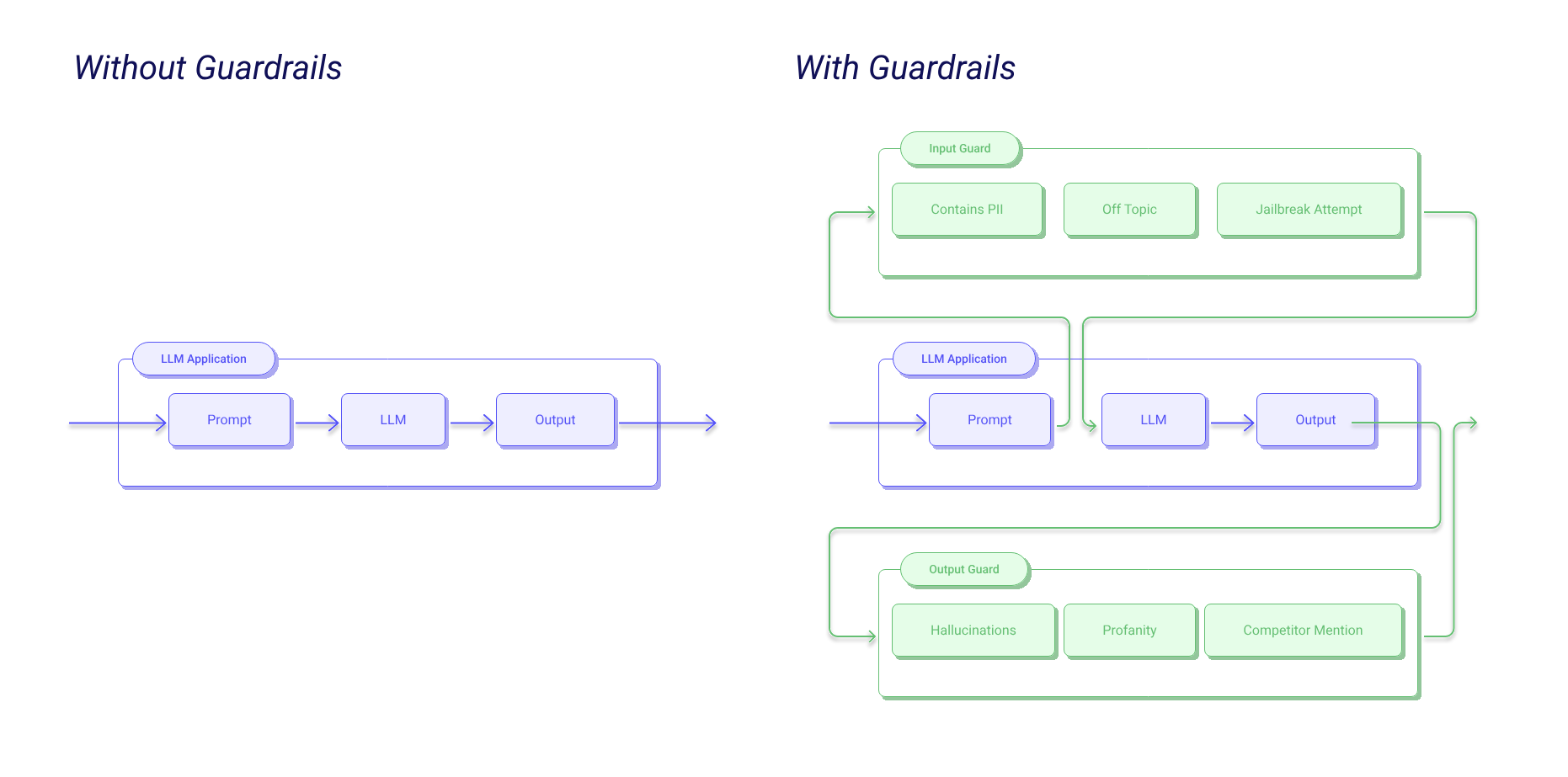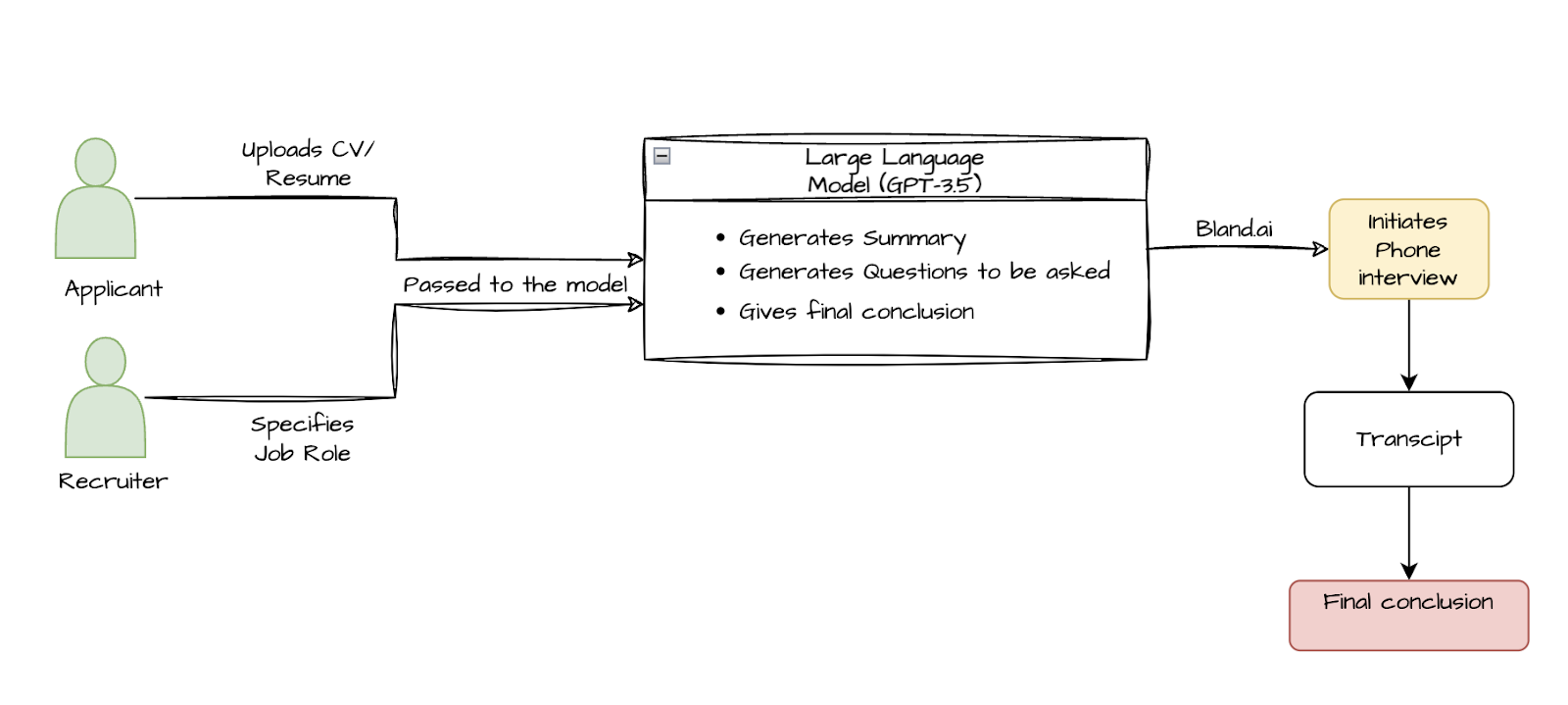Sarah a finance manager, is at her desk with a pile of financial reports to review. She has a tight deadline to analyze these reports and provide insights to her team for an important investment decision. However, Sarah realizes that the traditional methods she has been using for financial report analysis are time-consuming and labor-intensive. It leaves her overwhelmed and anxious about meeting the deadline.
Fortunately, Sarah learned about the latest breakthrough in artificial intelligence - GPT-4, the state-of-the-art language model developed by OpenAI. Intrigued by its capabilities, Sarah takes action and leverages GPT-4 to expedite the financial report analysis process and provide valuable insights to her team.
With GPT-4, Sarah finds a game-changing solution to her problem. But how? Did Sarah apply some rocket science?
Now there is no rocket science. You can achieve the same results as Sarah did. Let's dive deep into this article.

What is financial report analysis?

The financial report analysis is the process of looking at a company's financial statements and reports to understand how well it's doing financially. It involves looking at different numbers and ratios to figure out things like how much money the company has, how profitable it is, and how risky its financial situation is. Investors, analysts, and financial managers use financial report analysis to make smart decisions about things like investing, lending, and planning for the future. This involves looking at documents like balance sheets, income, and cash flow statements to get a clear picture of the company's financial health.
Importance of financial report analysis
🔍1. Debt management
Any long-lived firm must manage loans well. Financial reporting and analysis may help anyone manage debt. The UN has spent substantially on data management and analytics toolset optimization to combat the global debt crisis. Accurately track and analyze your current assets and current liabilities, as well as the financial processes related to generating revenue and paying bills (i.e., accounts receivable and accounts payable. It gets easier to maintain short-term liquidity, plan long-term debt management, and adjust workflows and processes to get the best return on every dollar when paying down debts.

💵2. Cash-flow management
Cash-flow issues kill 82% of small businesses. Cash flow management was the biggest danger during the COVID-19 epidemic, according to a 2020 ILO research. By carefully examining your KPIs, you can delve deeper into your revenue streams and liabilities to determine your current and future cash flow. You can build strategies to protect against unpleasant events. It also ensures you have the funds to take advantage of opportunities.
🖊️3. Compliance and financial optimization
Financial data analysis provides quick strategic planning and decision-making insights. Yet, such insights help you find ways to improve process efficiency, accuracy, and speed over time. More importantly, complete and accurate financial data helps ensure that financial statements are fully compliant with income tax law, financial reporting standards like GAAP and IFRS, and investor protection laws like Sarbanes-Oxley. It also helps with current data security standards like the general data protection regulation (GDPR). Taxes get easy too. By providing step-by-step, transparent data trails, accurate and thorough financial accounting and reporting ease tax preparation, auditing, and assessment.
Challenges of financial report analysis
🔨 1. ERP Complicacy
General Ledger, Accounts Payable, and Accounts Receivable were the initial ERP system priorities for many businesses. The functional complexity of accounting and ERP applications increased as computing technology became pervasive. Managing complexity is difficult even when reports are kept inside a single ERP system. More data must be stored in the database to support the expanding capabilities of the software. Hundreds, if not thousands, of tables may now exist in these systems, and their fields may be named incomprehensibly or contain illegible data. It's not simple to go through all that data, compile it, and make it accessible and meaningful to the average reader. The majority of database layouts are not user-friendly.

😵💫2. Time-consuming
The second major difficulty is that many ERP systems do not have a powerful in-built reporting function. Most workplace software comes packaged with reporting tools that are either rigid in their design or challenging to learn. So, many finance teams resort to a time-consuming workaround: exporting data from their ERP software and importing it into a spreadsheet tool, where it may be filtered, sorted, and formatted as needed. Sadly, it is a waste of time and effort to export, format, and prepare data in spreadsheets by hand. Another issue with manual procedures is that the reports they provide are static. Data exported from ERP programs and other corporate platforms is already outdated.
👁️🗨️3. Costly
Financial experts have a natural knack for sifting through data and drawing meaningful conclusions, but they shouldn't have to learn the type of advanced IT skills necessary to create and maintain reports using sophisticated software. Most businesses have their IT department handle this, or finance must hire costly outside experts. Each of these methods has significant drawbacks, though. Most businesses have inadequate resources for IT. Although outside consulting firms may be quicker to respond, they typically come with hefty price tags. Finding trained professionals to work with highly specialized reporting technologies can be challenging and expensive.
How GPT4 can help?
👉1. Extract key information from financial reports

GPT4 can recognize and process essential financial data elements, such as revenues, costs, assets, and liabilities, to extract meaningful information from financial reports. Professionals can quickly and readily access and use this information for decision-making or additional analysis since LLMs can comprehend and recognize these parts within the text. The time spent manually sorting through reports is minimized because of this method.
🔋2. Summary of financial reports

GPT4 can distill the most important aspects of a financial report using text summarizing techniques. It delivers the data in an easily digestible style. This allows people to swiftly absorb a report's critical findings without reading it cover to cover.
🎶3. Analyze qualitative data

Qualitative data is frequently included in management conversations and analyses, risk factors, or footnotes in financial reports. Financial projections, hazards, and other issues that may affect the company's future are discussed in these sections. To aid decision-making, GPT4 can evaluate this type of qualitative data to spot significant hazards or opportunities. GPT4 helps professionals make better-informed judgments by analyzing the unstructured material and deriving significant insights from the financial report.
Although GPT4 excel at processing the literary information in financial reports, they are limited in processing the numerical information in these reports. A more thorough and precise study of financial information is impossible without combining GPT4 with specialist financial analysis tools or algorithms.

Benefits of using GPT4 for financial report analysis
💵 1. Cost savings
By automating financial report analysis using GPT, companies can save on labor costs and reduce the need for manual data entry and processing.
🙌2. Enhanced decision-making
GPT can help decision-makers make more informed and data-driven decisions by providing quick and accurate insights into financial data. This can lead to better business outcomes and improved financial performance.
🧑🎤3. Better risk management
GPT can help companies identify and analyze risks and opportunities in their financial data, enabling them to take proactive measures to manage risk and optimize performance.

Ready to reap the benefits?
Forget about all the groundbreaking grindings you have done so far to utilize financial report analysis to improve your business. Integrate AI into your workflow and scale it ASAP!
Book a call with our CEO Rohan today!






